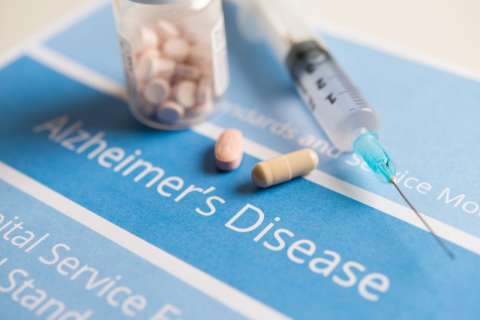Dear Doctors: I’m a 44-year-old man, and I’m a bit overweight. I’ve been having trouble with what I thought was heartburn, but my doctor says it’s actually something called GERD. How is that different from heartburn? She prescribed medication, but I wonder what else I can do that might help.
Dear Reader: Your doctor has diagnosed you with a form of heartburn known as gastroesophageal reflux disease, or GERD. Although it’s often referred to simply as acid reflux, GERD is more severe. For anyone lucky enough not to have experienced heartburn, the term refers to a painful burning sensation that spreads through the center of the chest, typically behind the breastbone. It may also be accompanied by a sour taste at the back of the mouth or throat.
These symptoms occur because some of the acidic contents of the stomach have moved upward and into the esophagus. That’s the tube that connects the mouth and throat to the stomach. Unlike the lining of the stomach, which is designed to withstand extremes in pH, the inner tissues of the esophagus are quite delicate. This leaves them vulnerable to both short- and long-term damage from the incursion of stomach acid.
The one-way flow of food from the esophagus to the stomach relies on the proper function of a flexible ring of muscle known as the lower esophageal sphincter. It relaxes to let the swallowed contents of the mouth pass into the stomach. Other than that, the sphincter remains tightly closed, which protects the esophagus from stomach acids. Heartburn is the result of an occasional breach of this barrier.
But in GERD, the lower esophageal sphincter repeatedly fails to constrict adequately. This results in repeated esophageal injury from stomach acid. Left untreated, it can cause a range of health issues, including esophageal ulcers, a precancerous condition known as Barrett’s esophagus and an increased risk of esophageal cancer.
Risk factors of GERD include older age, being overweight, smoking, being sedentary and the size and timing of meals. The medications your doctor has prescribed will lower stomach acid production and give the esophagus time to heal. But the behavioral changes you are asking about are important, as well. In fact, they are considered to be crucial to managing the condition.

Stress increases stomach acid production, so relaxation techniques such as meditation, yoga and tai chi can help. Good sleep hygiene is also important. There is some evidence that sleeping on a wedge, which elevates the torso, can offer relief. For side sleepers, lying on the left side rather than the right can be effective.
There is no single magic bullet when it comes to GERD. Give yourself the best chance of improvement with a consistent and multi-pronged approach.
(Send your questions to [email protected], or write: Ask the Doctors, c/o UCLA Health Sciences Media Relations, 10960 Wilshire Blvd., Suite 1955, Los Angeles, CA, 90024. Owing to the volume of mail, personal replies cannot be provided.)





